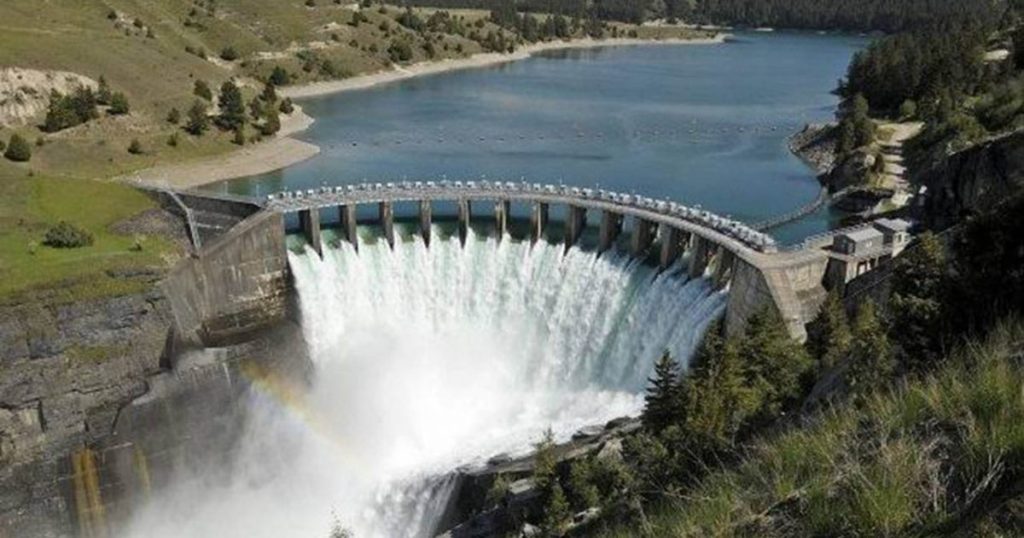The Federal Government of Nigeria has initiated the construction of a multi-purpose dam upstream of the River Dura in Benue State, following severe flooding that has impacted the region. The announcement was made by Robert Umezulike, the Deputy Director of Hydrology at the Federal Ministry of Water Resources and Sanitation, during an assessment visit to the Makurdi-Gboko-Katsina-Ala highway. The overflow from River Dura has caused substantial damage to infrastructure, particularly affecting the highway which has suffered from inundation due to continuous heavy rains. Umezulike indicated that sediment deposits have significantly reduced the river’s depth, diminishing its capacity to handle water, thereby leading to frequent flooding in the area.
The need for the dam arises from the observed sedimentation in the river, which has increasingly rendered it incapable of accommodating even minor rainfall events without overflowing. Umezulike emphasized that the situation has become critical, necessitating the development of a water reservoir to help manage the flow from the River Dura. As part of the government’s response, a contract has been awarded for the study and design of the proposed dam. The findings from Umezulike’s assessment will be compiled and reported to the Minister to prompt immediate action to address the deteriorating flood situation in the locality.
Locally, the impact of the flooding has been severe, with reports from residents such as HRH Mathias Ager, the District Head of Mbaakura Ward, highlighting the submersion of homes, farms, and valuable property. Ager underscored the urgency this creates for dam construction, noting that the water level during rains has overflowed onto the highways, evidencing a critical need for effective water management solutions. Furthermore, he urged the Federal Government to prioritize the rehabilitation of the Makurdi-Gboko-Katsina-Ala road, which has been rendered impassable near the Abekwa settlement due to the flooding.
In addition to the infrastructure concerns, the local leadership expressed gratitude to President Bola Tinubu for appointing Benue’s representatives to key governmental positions. They voiced confidence in these officials to effectively represent and deliver for the region. Ager and other community leaders emphasized their expectation that the representatives would focus on obtaining tangible results for the state, enhancing development and support for local initiatives in line with the administration’s objectives.
Youth engagement in addressing the flooding crisis was also evident, with community members like Levinus Tyodoo urging the government to prioritize the reconstruction of damaged roads to facilitate movement and trade, crucial for local farmers. With the flood significantly affecting transport routes, Tyodoo’s sentiments reflect an overarching plea for the Federal Government to take immediate and effective action to restore access and support agricultural productivity in the area, emphasizing the importance of road infrastructure to the local economy.
Motorists like Terkimbi Atse articulated the personal struggles they face due to the degraded condition of the road, stressing the inefficiencies and frustrations caused by prolonged travel times. His two-day experience navigating a section of the highway that usually requires only ten minutes highlights the broader transport challenges that arise from infrastructure neglect. This situation encapsulates the urgency for governmental intervention, as the community grapples with both immediate hardships caused by flooding and long-term strategies to mitigate similar issues in the future, particularly through the development of sustainable water management solutions.














